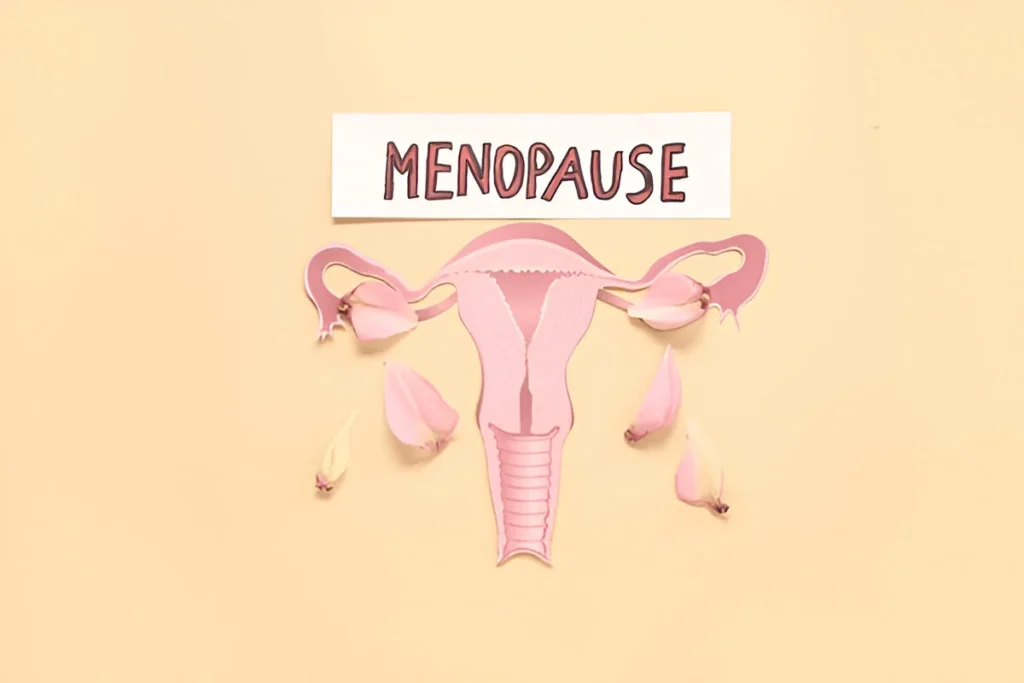-
UNITED HEALTH CENTRE 2,ELLIOT ROAD, KOLKATA - 700016
UNITED HEALTH CENTRE 2,ELLIOT ROAD, KOLKATA - 700016

Common Menopause Symptoms can affect both physical and emotional well-being—learn how to understand and manage them effectively with expert insights from a reputed gynecologist.

Menopause is a natural biological transition every woman experiences, typically between ages 45 and 55. While it’s not a medical condition, the changes it brings can feel overwhelming. From hot flashes and mood swings to disrupted sleep and weight gain—Common Menopause Symptoms affect not just the body, but also the mind and emotional health.
Understanding what’s happening and learning how to manage the symptoms effectively is key to embracing this phase with confidence and well-being.
Menopause marks the end of a woman’s menstrual cycles. It’s officially diagnosed after going 12 months without a period. The phase leading up to it—perimenopause—is when the real challenges often begin.
These hormonal changes are what lead to most of the physical and emotional symptoms women face.
Everyone experiences menopause differently, but certain symptoms are particularly common—and often misunderstood.
Understanding these Common Menopause Symptoms helps women prepare both mentally and physically.

Many women silently endure menopause without seeking help, assuming symptoms are just part of “growing older.” But support is available.
Consulting with a reputed gynecologist ensures:
Women deserve more than just “coping” with menopause—they deserve support.
Sometimes, simple changes make the biggest difference:
Consulting a certified expert helps tailor these treatments to your needs.
Menopause is not just about physical change—emotional support is just as crucial.
Feeling “off” or unlike yourself is normal—but it’s also manageable.
It’s time to reach out to a gynecologist if:
A thorough check-up can rule out other concerns and provide targeted solutions.
Let’s bust a few myths and bring clarity.
Fact: Perimenopause can start as early as mid-30s or early 40s.
Fact: Menopause is deeply personal—no two journeys are the same.
Fact: With guidance, most symptoms are manageable or even preventable.

Yes, it’s called premature or early menopause and may require different treatment.
Not for everyone, but many women report increased irritability or sadness. Seeking help is important.
Symptoms can last anywhere from 4–8 years, depending on the individual.
Pregnancy is unlikely but possible during perimenopause. Reliable contraception is advised until a year after your last period.
No. With proper diet, activity, and hormonal balance, weight can be managed effectively.
Menopause is a major milestone in a woman’s life—one that deserves understanding, respect, and care. While Common Menopause Symptoms can disrupt daily living, they are not something you have to suffer through silently.
With evidence-based approaches, emotional support, and guidance from experienced professionals, you can navigate this transition with clarity and confidence.